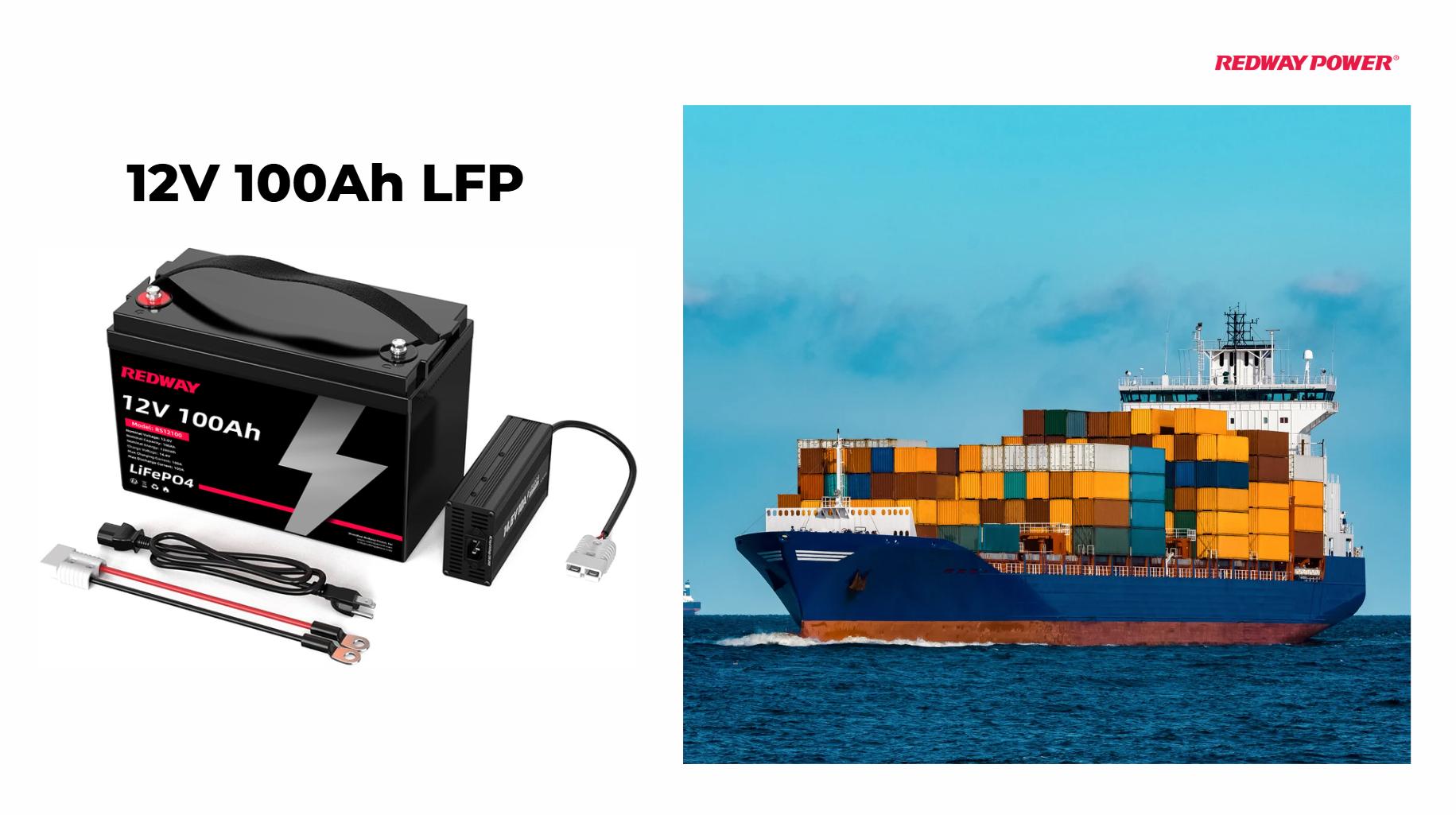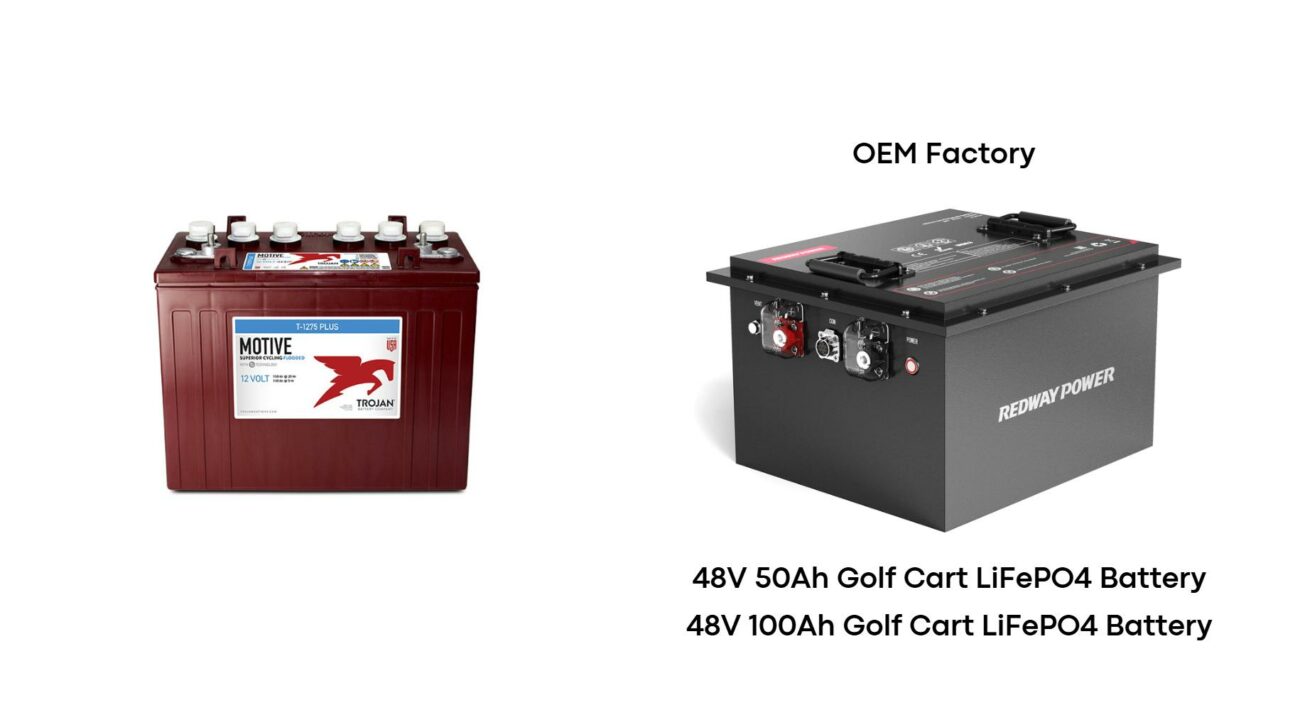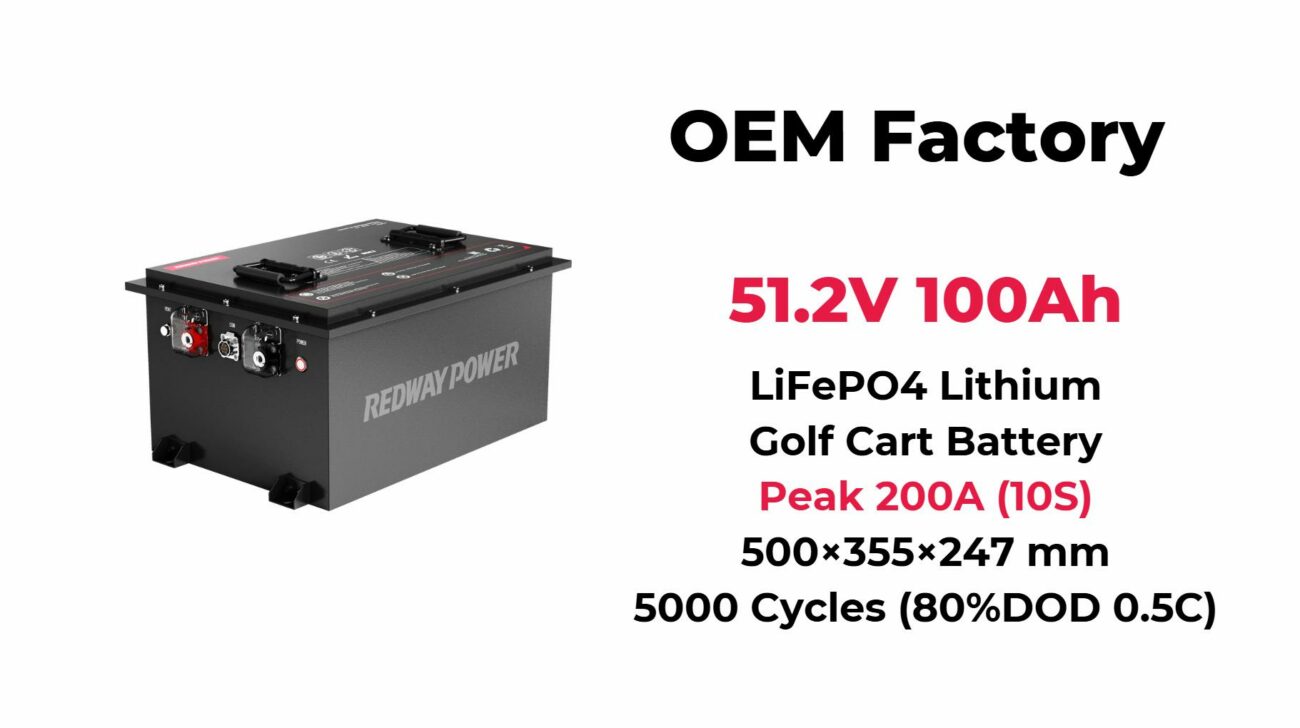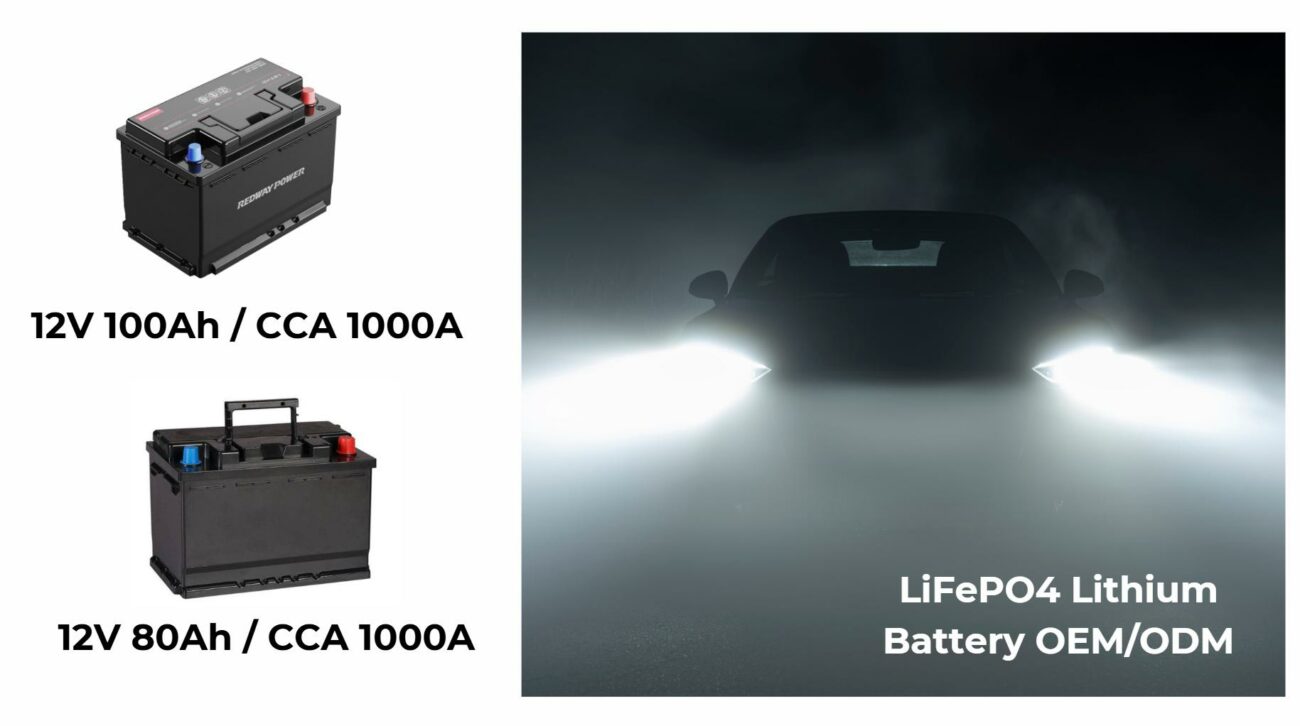
How to Safely Ship Lithium-Ion Batteries to China
Shipping lithium-ion batteries to China requires adherence to specific regulations and guidelines due to their classification as dangerous goods. This article outlines the regulations, shipping methods, costs, and documentation needed to ensure safe and compliant transportation of lithium batteries.
What Are the Regulations for Shipping Lithium Batteries?
Shipping lithium batteries is regulated as they are considered dangerous goods. Compliance with IATA Dangerous Goods Regulations and UN specifications is mandatory. Proper packaging, labeling, and documentation are required to ensure safe transport and prevent hazards during shipment. Regulations governing their shipment vary by country and carrier but generally include:
- IATA Regulations: The International Air Transport Association (IATA) provides guidelines on how lithium batteries should be packed and labeled.
- UN Recommendations: The United Nations has established specific standards (UN 3480 for lithium-ion batteries and UN 3481 for batteries contained in or packed with equipment) that must be followed.
- Carrier-Specific Rules: Different carriers, such as FedEx or DHL, have their own requirements regarding weight limits, packaging, and labeling.
Chart: Key Regulations for Shipping Lithium-Ion Batteries
| Regulation Type | Description |
|---|---|
| IATA | Guidelines for air transport of dangerous goods |
| UN Recommendations | Standards for packaging and labeling |
| Carrier-Specific Rules | Individual requirements set by shipping companies |
How Can You Ship Lithium Batteries from China?
To ship lithium batteries from China, ensure compliance with international regulations. Use a reliable freight forwarder familiar with lithium battery shipping. Obtain necessary certifications, package batteries according to safety standards, and complete required documentation for customs clearance. Shipping lithium batteries from China can be done through several methods:
- Freight Forwarders: Partnering with a freight forwarder experienced in handling dangerous goods can simplify the process.
- Direct Shipping via Suppliers: Some manufacturers may offer shipping services directly, but ensure they comply with all regulations.
- Third-Party Logistics (3PL): Utilizing 3PL services can provide additional support in managing logistics and compliance.
What Shipping Methods Are Available for Lithium Batteries?
Available shipping methods for lithium batteries include air freight, sea freight, and express courier services. Each method has specific regulations and costs associated with it, so choose based on urgency and budget while ensuring compliance with safety standards. There are several shipping methods available for transporting lithium batteries:
- Air Freight: Fast but subject to strict regulations; suitable for smaller quantities.
- Sea Freight: More cost-effective for larger shipments; however, transit times are longer.
- Express Delivery Services: Companies like DHL and FedEx offer express options that comply with dangerous goods regulations.
Chart: Comparison of Shipping Methods
| Method | Speed | Cost | Ideal For |
|---|---|---|---|
| Air Freight | Fast (1-5 days) | Higher | Small quantities |
| Sea Freight | Moderate (30+ days) | Lower | Bulk shipments |
| Express Delivery | Fast (1-7 days) | Higher | Urgent shipments |
What Are the Costs and Timeframes for Shipping Lithium Batteries?
Costs and timeframes for shipping lithium batteries vary by method and destination. Air freight is faster but more expensive, while sea freight is cost-effective but slower. Expect shipping times from a few days to several weeks depending on the chosen method. The cost and time required to ship lithium batteries depend on various factors:
- Shipping Method: Air freight is typically more expensive than sea freight.
- Weight and Volume: Heavier or bulkier shipments will incur higher costs.
- Destination: Costs may vary based on the destination country.
Rough estimates indicate that shipping costs can range from $7-$10 per kg by air and $3-$4 per kg by sea, with timeframes of approximately 4-7 days by air and 30-55 days by sea.
What Documentation Is Required for Shipping Lithium Batteries?
Required documentation includes a Shipper’s Declaration for Dangerous Goods, packing lists, commercial invoices, and any necessary import/export permits. Proper labeling indicating battery type and compliance with regulations is also essential to facilitate safe transport. To ship lithium batteries, specific documentation is required:
- Shipper’s Declaration for Dangerous Goods: This document outlines the nature of the shipment.
- UN Test Reports: Proof that the batteries have passed UN testing standards.
- Material Safety Data Sheet (MSDS): Provides detailed information about handling and safety.
What Types of Lithium Batteries Can Be Shipped?
Both lithium-ion (rechargeable) and lithium metal (non-rechargeable) batteries can be shipped, but they must meet specific regulations. Ensure that the batteries comply with UN testing standards and are packaged correctly to minimize risks during transport. There are two main types of lithium batteries that can be shipped:
- Lithium-Ion (Li-ion) Batteries: Rechargeable batteries commonly used in consumer electronics and electric vehicles.
- Lithium Metal Batteries: Non-rechargeable batteries often found in devices like watches and cameras.
Both types are subject to similar shipping regulations but may have different packaging requirements.
How to Package Lithium Batteries for Shipment?
Lithium batteries should be packaged in strong, non-conductive materials to prevent short circuits. Use original packaging if possible, or ensure terminals are insulated. Include cushioning materials to protect against impacts, and clearly label the package as containing lithium batteries. Proper packaging is crucial when shipping lithium batteries to prevent accidents:
- Use Strong Packaging: Rigid outer packaging should be used to protect against physical damage.
- Labeling Requirements: Packages must be clearly labeled as containing dangerous goods.
- Prevent Short Circuits: Ensure that terminals are protected from contact with conductive materials.
Following these guidelines helps ensure compliance with international shipping regulations while maintaining safety during transport.
Industrial News
Recent developments in international shipping regulations highlight increased scrutiny on lithium battery shipments due to safety concerns surrounding their flammability. Companies are adapting their logistics strategies to comply with new guidelines while ensuring timely delivery of essential products powered by lithium-ion technology. Additionally, advancements in battery technology continue to drive demand, necessitating efficient shipping solutions.
LiFePO4 Battery Expert Views
“Shipping lithium-ion batteries requires meticulous attention to detail regarding safety protocols,” says Dr. Michael Lee, an expert in battery logistics. “As demand grows globally, understanding regulatory requirements becomes crucial for businesses looking to navigate this complex landscape efficiently.”
How to ship Lithium Ion Batteries Internationally?
To ship lithium-ion batteries internationally, comply with regulations set by the IATA and UN. Obtain UN 3480 or UN 3481 certification, ensure proper packaging, and conduct UN38.3 testing for safety. Batteries must be declared accurately, including type and quantity, and shipped at no more than 30% state of charge to minimize risks during transport.
FAQ Section
- Q1: Can I ship lithium-ion batteries via air?
Yes, but they must comply with strict regulations regarding packaging and labeling. - Q2: What happens if I don’t follow shipping regulations?
Failure to comply can result in fines, shipment delays, or even confiscation of goods. - Q3: Do I need special training to ship lithium batteries?
While not always required, training in handling dangerous goods is highly recommended.





